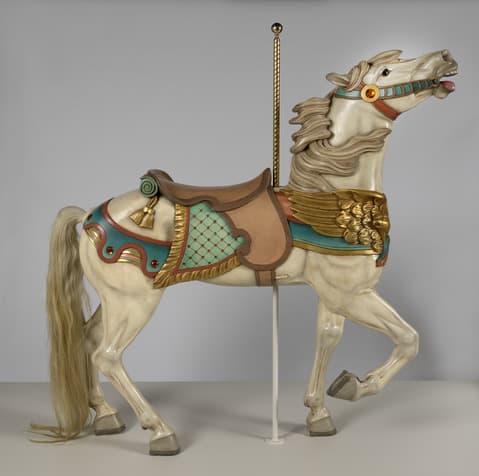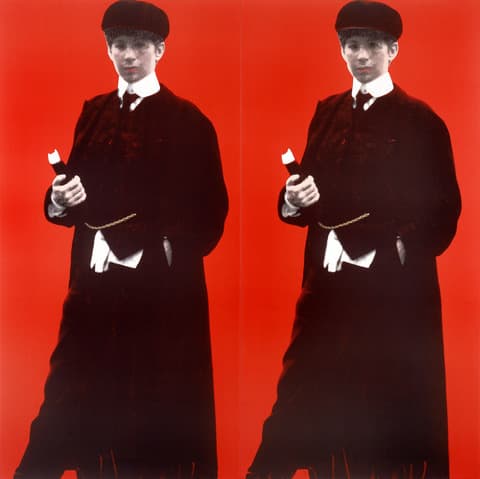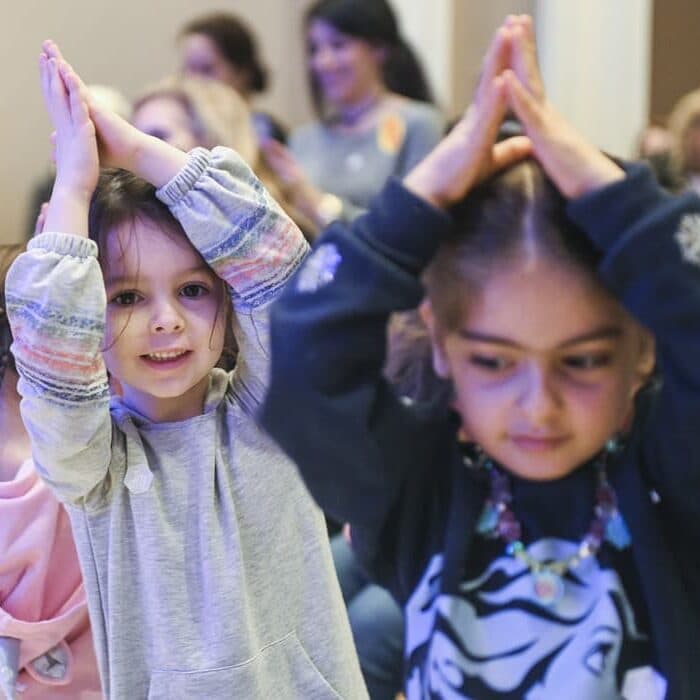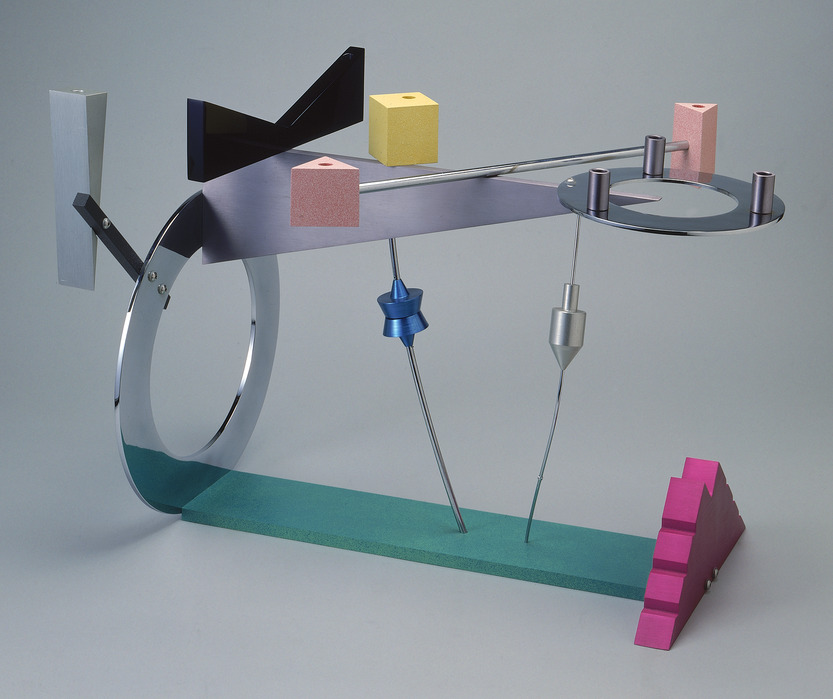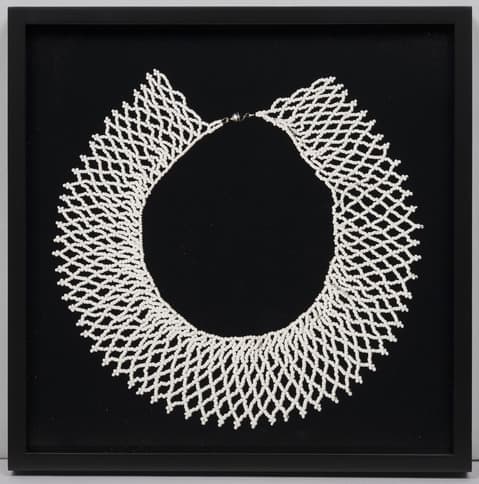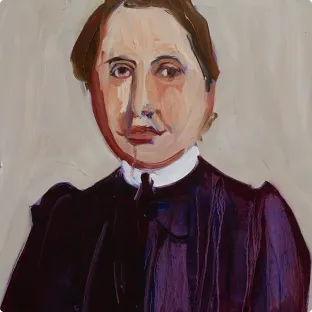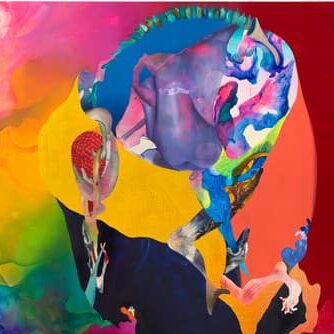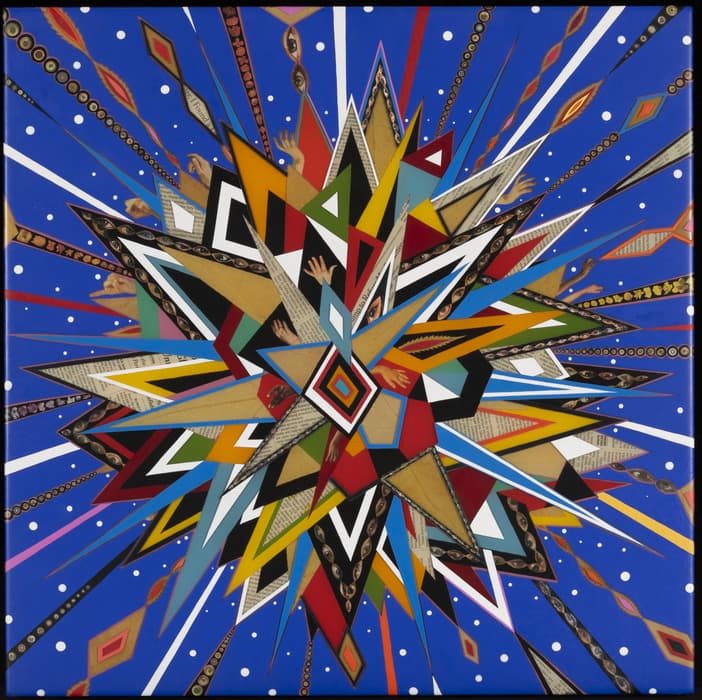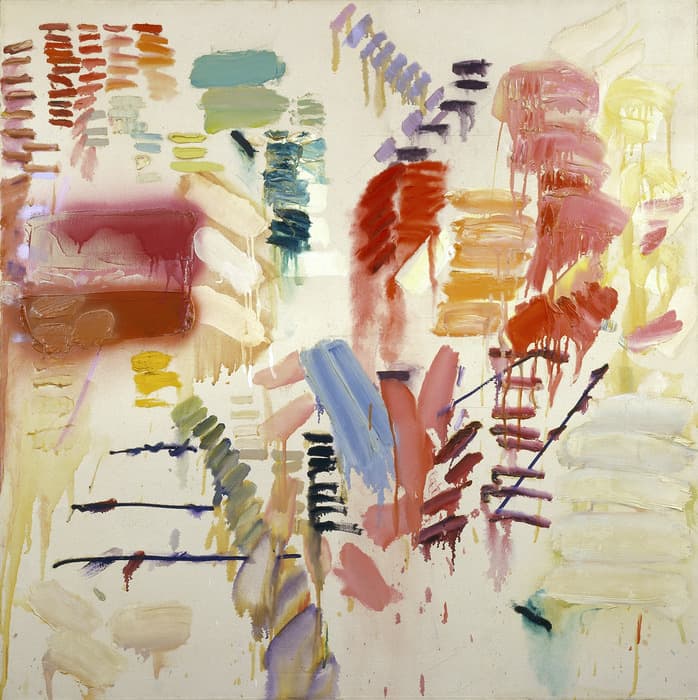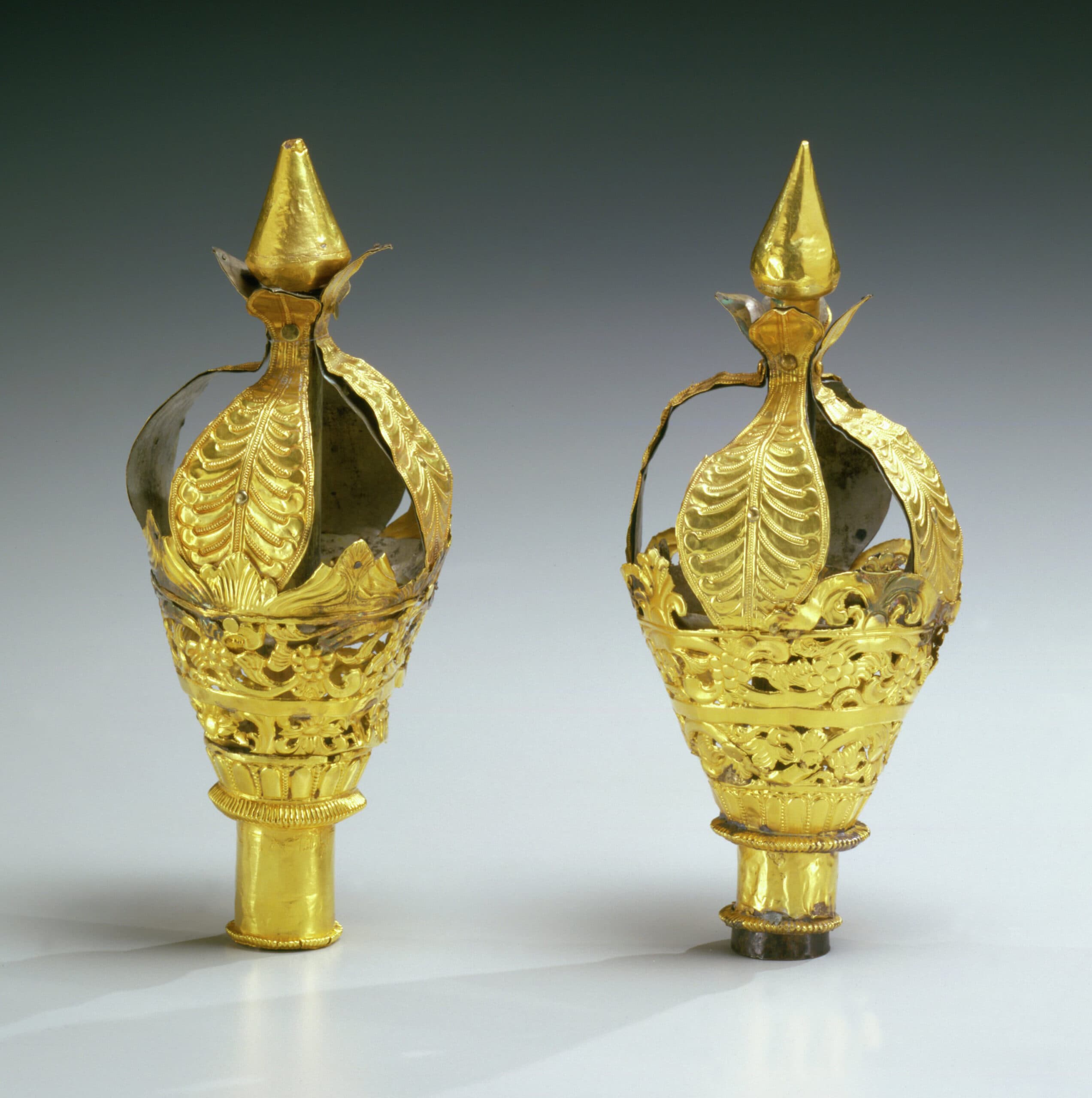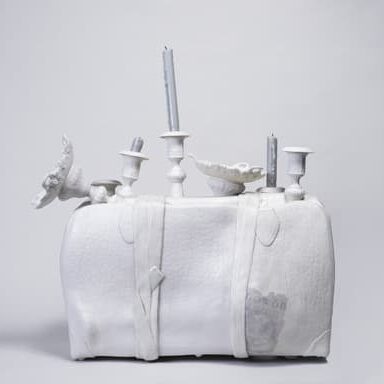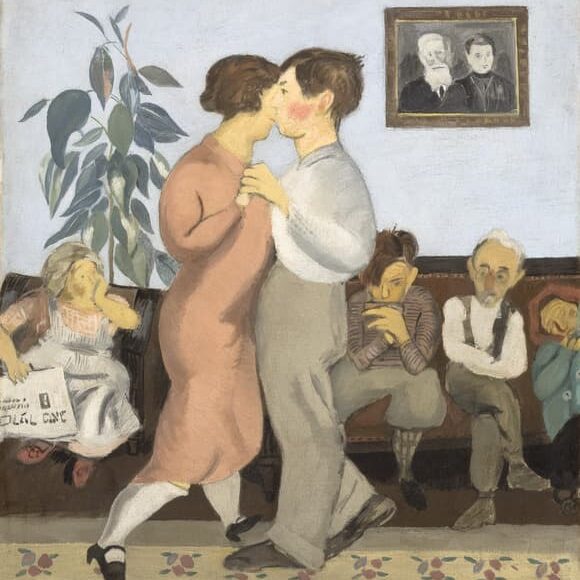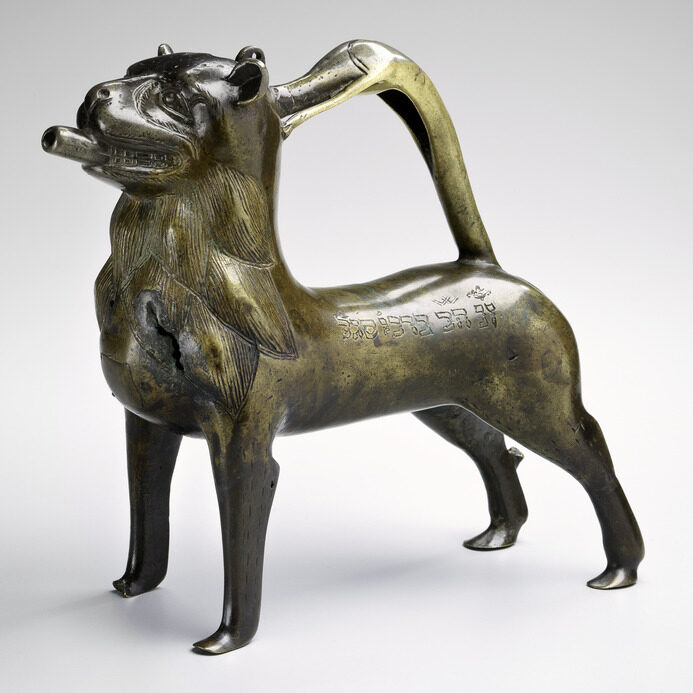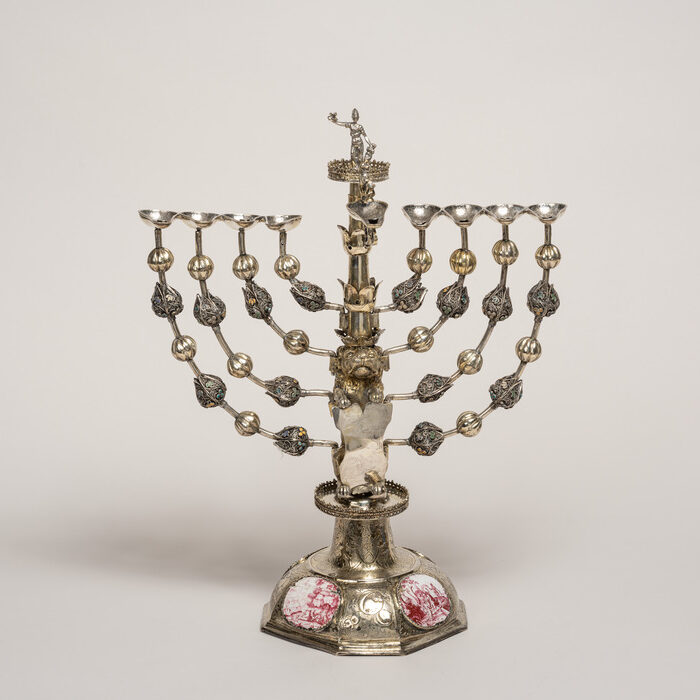
Reaching Across a Thousand Darknesses: Paul Celan Centennial Concert and Reading
Sunday, May 1, 2022, 4 – 6pm, at The Jewish Museum
New York, NY, March 31, 2022– Reaching Across a Thousand Darknesses: Paul Celan Centennial Concert and Reading will be held in the Scheuer Auditorium at the Jewish Museum on Sunday, May 1, from 4 to 6 pm. The program, which celebrates the centennial of Paul Celan, the Romanian Jewish Holocaust survivor who is widely regarded as one of the greatest poets of the 20th century, was originally scheduled for 2020 but was delayed due to the pandemic. This is the first in-person public program to be held at the Jewish Museum in two years.
Free with Museum Admission; advance ticket reservation required. Doors open at 3:30 pm and masks will be required during the performance. Tickets available here.
The program features two riveting Celan-inspired works composed by the sui generis composer John Zorn: Zeitgehöft —72 anamneses of Paul Celan (2013), performed by Chris Otto, violin, and Jay Campbell, cello, and Shibboleth (1997), a studio recording accompanied by readings of Celan poetry by Anna Kohler; a rare performance of Force of Light, a song-cycle incorporating Celan’s poetry by the eclectic New York-based ensemble Barbez (Pamelia Stickney, Danny Tunick, Peter Hess, Sarah Bernstein, Peter Lettre, Dan Kaufman, and John Bollinger), with special guest David Cale reading excerpts of Celan’s poetry; and reflections on Celan’s life and legacy by Pierre Joris, an award-winning poet and translator who has rendered virtually all of Celan’s written work into English.
Celan was born on November 23, 1920, into a Jewish family in Czernowitz, an ethnically diverse city near the border of Romania and Ukraine. In the summer of 1942, the Nazis and their Romanian allies initiated a roundup of the Jews of Czernowitz, and Celan’s parents were deported to a concentration camp in Ukraine. His father died there of typhus, and shortly afterward, his mother was shot and killed by a guard. Though Celan escaped the roundup in which his parents were captured, he was sent to a forced-labor camp in southern Romania, and he spent nearly two years in a series of labor camps across the country. After the war, Celan fled Romania for Paris. But he continued to write, deliberately and with great anguish, in German, his mother tongue. “Death Fugue,” Celan’s early masterpiece about the Holocaust, is marked by bitter lyricism and great precision. His later work, though filled with daring new words and constructions and often distilled to just a few lines, maintained that same lyrical, yet unsparing truth-telling.
The program, presented just after Holocaust Remembrance Day (April 27, 2022), also resonates with themes of displacement, forced migration, and memory found in the exhibitions The Hare with Amber Eyes and Jonas Mekas: The Camera Was Always Running, currently on view at the Jewish Museum.
PROGRAM
Introduction from the Jewish Museum and Reflections from Pierre Joris
ZEITGEHÔFT —72 anamneses of Paul Celan (2013), composed by John Zorn
Performed by Chris Otto, violin, and Jay Campbell, cello
SHIBBOLETH (1997), composed by John Zorn
Studio recording accompanied by readings of Celan poetry by Anna Kohler
Reading from Pierre Joris
FORCE OF LIGHT (2007)
Song-cycle composed by Dan Kaufman, performed by Barbez with special guest David Cale reading excerpts of Celan’s poetry
David Cale, voice
Pamelia Stickney, theremin
Peter Hess, clarinet
Sarah Bernstein, violin
Dan Kaufman, guitar
Danny Tunick, marimba, vibraphone
Peter Lettre, bass
John Bollinger, drums
About Barbez
Since forming in Brooklyn in the late 1990s, Barbez has released six albums including Bella Ciao, which drew inspiration from ancient Roman Jewish liturgy and the Italian resistance, and For Those Who Came After, a reimagining of the songs of the Spanish Civil War. The group has performed widely across Europe and the United States and collaborated with visionary artists such as theatre director John Jesurun and choreographer Juliette Mapp.
About Pierre Joris
Pierre Joris just published his Celebratory Talk-Essay on Receiving the Batty Weber Award (CNL, Literary Talks series), Fox-trails, -tales & -trots (poems & proses, Black Fountain Press); in 2020 he completed his 1/2 century Celan translation project with Memory Rose into Threshold Speech: The Collected Earlier Poetry of Paul Celan (FSG) & Microliths: Posthumous Prose of Paul Celan (Contra Mundum Press). Also in 2020, A City Full of Voices: Essays on the Work of Robert Kelly (CMP) & in 2019, Arabia (not so) Deserta (essays, Spuyten Duyvil) & Conversations in the Pyrenees with Adonis (CMP). Forthcoming fall 2022 from CMP are Always the Many, Never the One: Conversations in-between, with Florent Toniello & Interglacial (Poems 1915-2020).
Press contacts
Daniela Stigh, [email protected]
